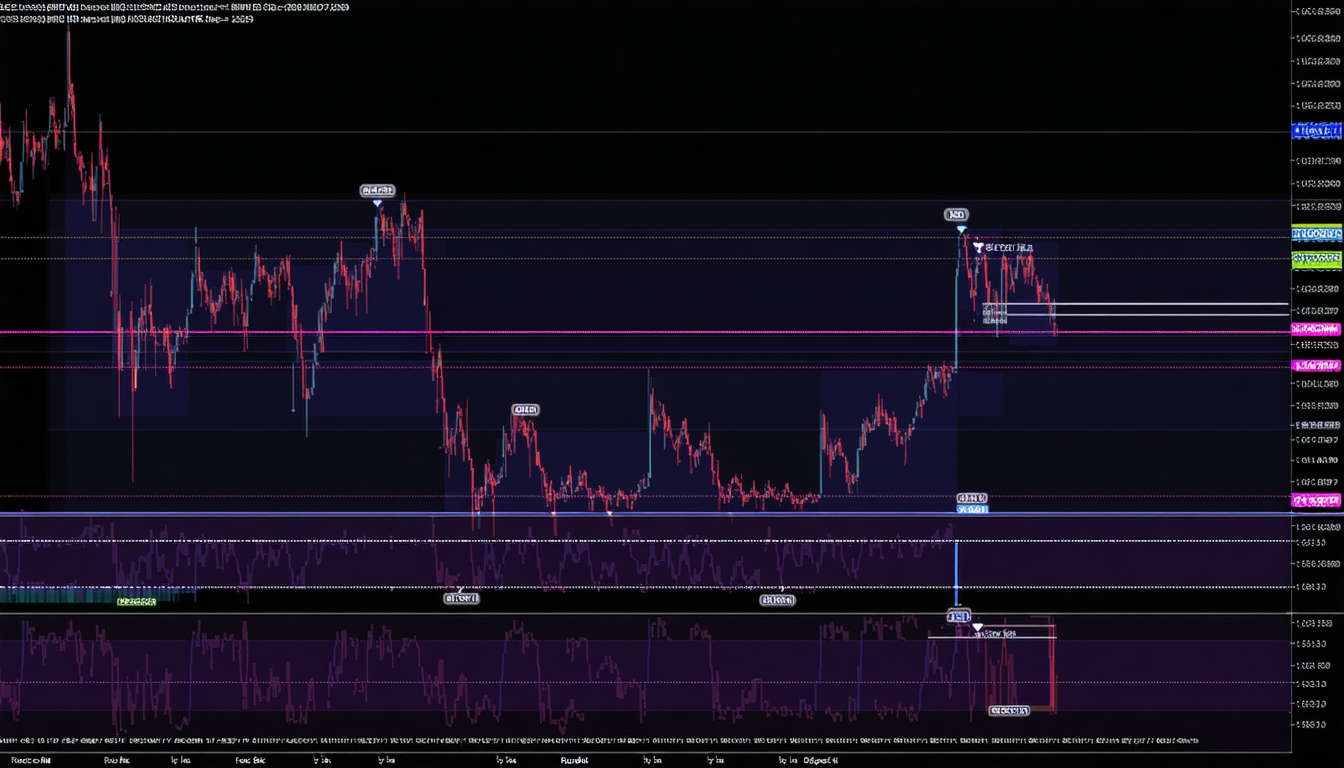The fourth halving bitcoin event, completed in April 2024, has set a new course for the world’s largest cryptocurrency. This milestone, which took place globally but with significant impact on U.S. markets and investors, saw mining rewards cut from 6.25 to 3.125 bitcoins per block. The halving aims to control supply and reinforce bitcoin’s deflationary nature—a key reason behind its appeal as “digital gold.” As stakeholders assess its effects, questions remain about price stability, market maturity, and what lies ahead for digital assets.
What Happened During the Latest Halving Bitcoin Event?
Bitcoin’s protocol mandates a halving roughly every four years or after every 210,000 blocks mined. The most recent event in April 2024 reduced miner rewards by half—from 6.25 BTC to just 3.125 BTC per block—continuing a tradition that began with bitcoin’s inception in 2009.
This mechanism is designed to slow down new supply entering circulation over time:
- First halving: November 2012 (reward dropped from 50 BTC to 25 BTC)
- Second halving: July 2016 (from 25 BTC to12.5 BTC)
- Third halving: May 2020 (from12.5 BTC to6.25 BTC)
- Fourth halving: April2024 (from6.25BTCto3 .125BTC)
According to industry analysts and blockchain experts, this built-in scarcity is central to bitcoin’s value proposition.
“Halvings are fundamental events that reinforce bitcoin’s role as a deflationary asset,” said crypto economist Angela Li.
Market Reaction: Stability Amid Maturity
Unlike previous cycles marked by dramatic price swings following halvings, this year’s event produced muted volatility across major exchanges including those serving U.S.-based traders[1]. As of July10 ,2025 ,bitcoin trades steadily above $60 ,000 —a testament both tothe market’s growing sophistication and increased institutional participation .
Several factors contributed tothe relatively calm response:
- Greater liquidity due tothe rise of spot ETFs
- Broader adoption among retailand institutional investors
- Improved regulatory clarity inthe United States
“The market has matured significantly since earlier halvings,” noted blockchain strategist Michael Carter.“Investors now have more tools at their disposal,and thereis less speculative frenzy.”
Recent data shows that while transaction volumes spiked briefly aroundthe April event,the overall trend remained stable throughout Q2and Q3of2024 .
Why Does Halving Bitcoin Matter for Stakeholders?
For Miners
Miners face immediate economic pressure after each halving,since their revenue drops unless offset by higher prices or improved efficiency . Many smaller operations may struggle; larger players often investin next-generation hardwareor seek cheaper energy sources .
For Investors
Historically,both retailand institutional investors have viewed halvingsas bullish catalysts . Reduced supply growth can drive up prices if demand remains constant or increases . However,this cycle demonstratedthat other macroeconomic factors—suchas inflation rates ,regulatory shifts,and global risk appetite—also play crucial roles .
For Regulators & Policymakers
U.S.regulators continue monitoringthe sector closely,givenbitcoin’s expanding footprintin mainstream finance . The Securitiesand Exchange Commission(SEC) approved several spot ETFsin early2024,further legitimizing digital assetsfor American investors .
Looking Ahead: What Comes Next After the Fourth Halving?
With thenext scheduledhalvingsetfor sometimein2028,the focus now shifts towardslong-term sustainability :
- Will mining remain profitable as rewards dwindle?
- Can technological advancements reduce operational costs?
- How will future regulatory changes affect adoption rates?
Some experts believe that continued innovation—in areas like Layer2 scaling solutions,decentralized finance(DeFi),and renewable energy integration—will be critical forthe network’s resilience .
“Each halving tests not only miners’ adaptability but also investor confidence,” said fintech analyst Rachel Kim.“We’re seeing an ecosystem better equipped than ever before.”
Meanwhile,the debate persists over whether past performance can reliably predict future outcomes inthe increasingly complex crypto landscape.
Conclusion: A Defining Moment for Digital Assets
The fourth halving bitcoin event marks another chapter ina story definedby scarcity,institutionalization,and evolving regulation.Its aftermath underscores how muchthe cryptocurrency space has matured since earlier cycles—even asthere remains uncertainty aboutlong-term impacts.Miners,investors,and policymakers alike will watch closely asthenetwork adapts tonew economic realities,ahead ofthenext anticipatedhalvin gin2028.For now,the latest reduction insupply growth reinforcesbitcoin’s status asa unique asset class—and keeps it firmly atthe centerofglobal financial conversations .
















Leave a comment